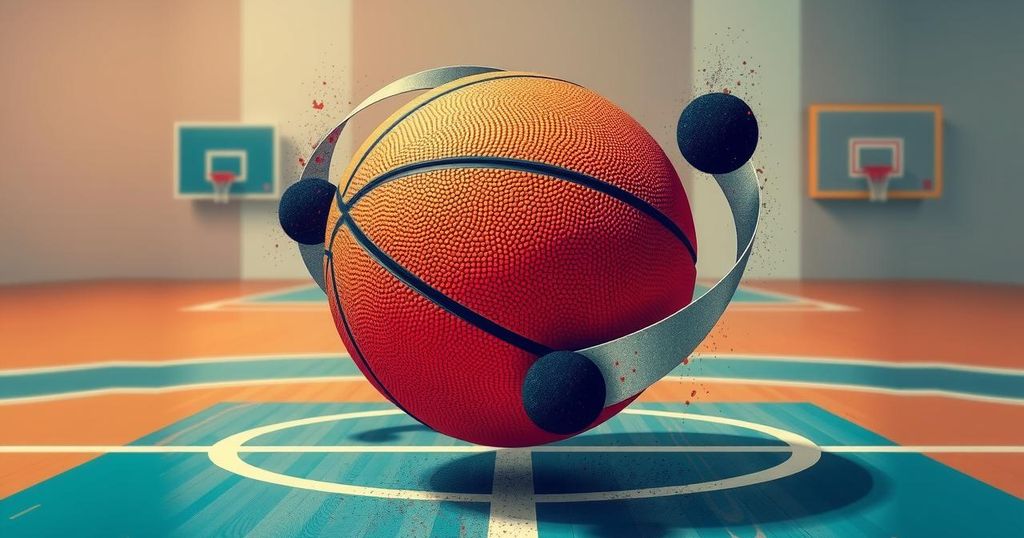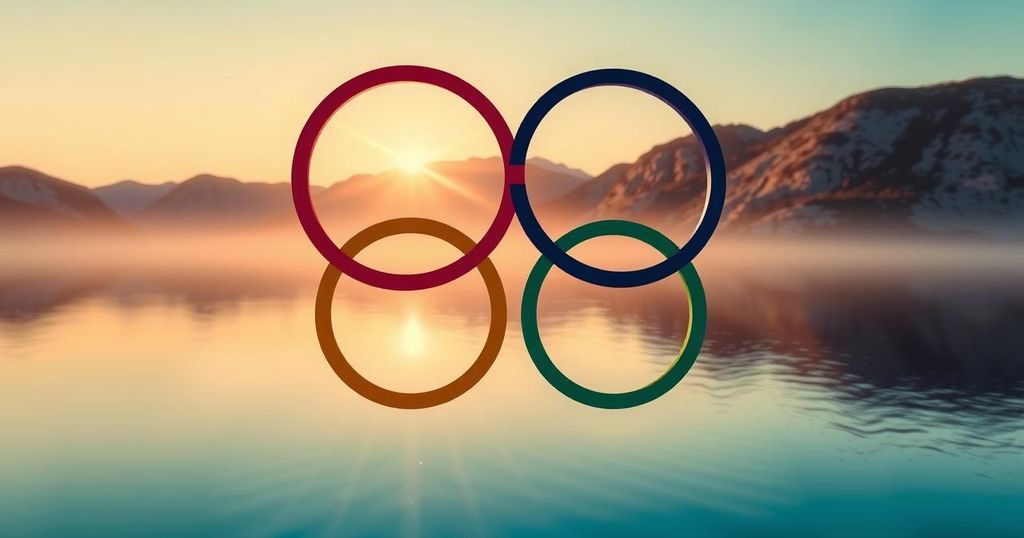Life After the Olympics: Athletes’ Varied Paths Post-Competition
Athletes’ lives post-Olympics vary greatly; while Antoine Dupont enjoys leisure and connections with sports counterparts, Mathilde Gros grapples with depression after missing the Paris 2024 Games. Mental health discussions gain prominence in the athletic community, as exemplified by judoka Amandine Buchard’s career shift to rugby.
The aftermath of the Olympic Games presents a diverse range of experiences for athletes, a phenomenon illustrated by the contrasting paths of French Rugby Sevens player Antoine Dupont and cyclist Mathilde Gros, among others. Following his success with the national team, Dupont has relished a period of leisure, enjoying the picturesque locales of Ibiza and California, where he has had the opportunity to engage with prominent sports figures, such as basketball legend LeBron James. Conversely, athletes like Mathilde Gros have faced significant challenges in the wake of the Olympics. After missing the chance to compete in the Paris 2024 Olympic Games, Gros disclosed her struggles with depression, shedding light on the increasing importance of mental health awareness in the athletic community. As Alexandre Boyon aptly noted, the topic of mental well-being is now at the forefront of discussions concerning athletes and their support systems. This transition towards acknowledging mental health has prompted athletes, such as judoka Amandine Buchard—who has achieved both individual and team success in Paris—to explore new avenues and career changes, such as taking up rugby, in their post-Olympic journey.
The Olympic Games serve as not only a pinnacle of athletic achievement but also a significant turning point in the lives of competing athletes. While many athletes experience an upswing in fame and opportunities following their participation and success in the Games, others may face adverse consequences, such as the pressures of performance, public scrutiny, and the challenges of redefining their identities after competition. Moreover, the conversation surrounding mental health has gained traction within the world of sports, necessitating that athletes confront their struggles openly and prioritize psychological well-being, which is crucial for their overall health and longevity in their respective sports.
In summary, the post-Olympic experience for athletes can be markedly different, ranging from celebratory leisure to confronting significant personal challenges. The stark contrast between the successful Antoine Dupont and the struggling Mathilde Gros highlights the complexities faced by athletes in the aftermath of such a demanding event. As discussions on mental health continue to evolve, it is imperative that the athletic community and its support systems place greater emphasis on the psychological welfare of athletes to foster a healthy transition after the Olympic experience.
Original Source: www.footboom1.com








Post Comment